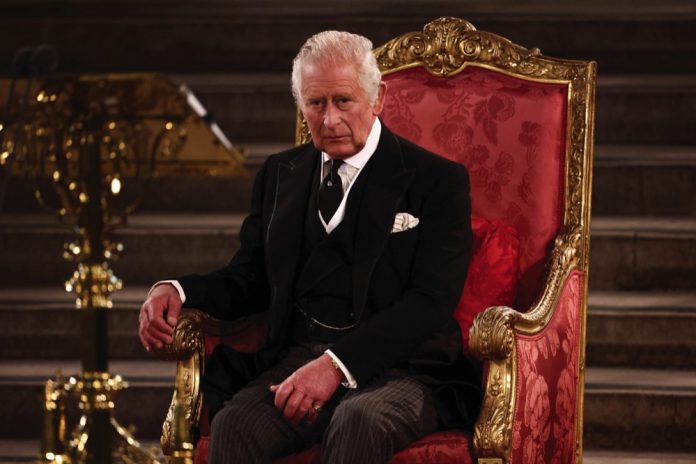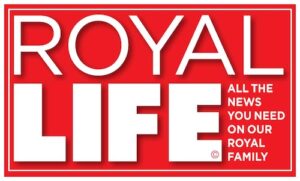
HIS MAJESTY THE KING WILL VISIT UKRAINIAN MILITARY RECRUITS UNDERTAKING TRAINING IN SOUTH WEST ENGLAND
Monday 20th February 2023
The King will watch a short defensive training exercise for Ukrainian military recruits being trained by British and international partner forces in the U.K. The mission delivers basic combat training over five weeks to Ukrainian recruits who will return to fight in Ukraine.
His Majesty, accompanied by the Chief of General Staff General Sir Patrick Sanders, will meet additional international military personnel (conducting training in other areas of the country) who have joined forces with the British Army to undertake the ongoing training for the Ukrainian recruits. His Majesty will also meet instructors from 1st Battalion Irish Guards, the UK’s Ranger Regiment, New Zealand, Australia, Canada, Lithuania, Norway, Denmark, The Netherlands, Sweden and Finland before meeting many of the Ukrainian recruits undertaking the training programme.
Ukrainian recruits have been trained in the UK since July 2022. The commitment is due to continue throughout 2023.
The course is 35 days long and trains the recruits with two primary principles providing the backbone of the training – survivability and lethality. The recruits are being taught how to survive in a hostile environment. Therefore, basic fieldcraft, medical care, marksmanship, weapon handling, and law of armed conflict awareness are key areas that the course focuses on. Most of the recruits have little or no military experience when they arrive though some have been fighting already on the frontline. The age range varies widely, and the recruits come from a mixture of professional backgrounds. Approximately 25% of the recruits speak basic English and so the use of interpreters is key to the delivery.
The King today visited Ukrainian military recruits who are currently being trained in the UK by the @BritishArmy and partner forces.
— The Royal Family (@RoyalFamily) February 20, 2023
The programme has so far trained over 10,000 Ukrainians, providing them with infantry, survival, and first-aid skills.
🔗 https://t.co/Dry8T3DRJY pic.twitter.com/l783PZLW8a









